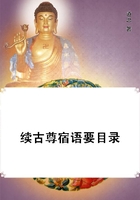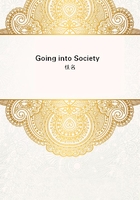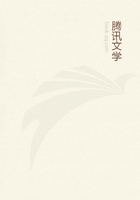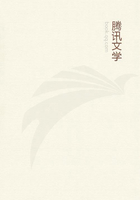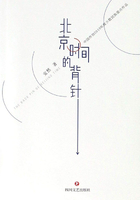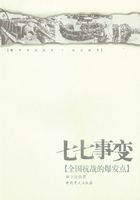All causes, social and natural, combine to make it unlikely that women shouldbe collectively rebellious to the power of men. They are so far in a positiondifferent from all other subject classes, that their masters require somethingmore from them than actual service Men do not want solely the obedience ofwomen, they want their sentiments. All men, except the most brutish, desireto have, in the woman most nearly connected with them, not a forced slavebut a willing one, not a slave merely, but a favourite. They have thereforeput everything in practice to enslave their minds. The masters of all otherslaves rely, for maintaining obedience, on fear; either fear of themselves,or religious fears. The masters of women wanted more than simple obedience,and they turned the whole force of education to effect their purpose. Allwomen are brought up from the very earliest years in the belief that theirideal of character is the very opposite to that of men; not self-will, andgovernment by self-control, but submission, and yielding to the control ofothers. All the moralities tell them that it is the duty of women, and allthe current sentimentalities that it is their nature, to live for others;to make complete abnegation of themselves, and to have no life but in theiraffections. And by their affections are meant the only ones they are allowedto have -- those to the men with whom they are connected, or to the childrenwho constitute an additional and indefeasible tie between them and a man.
When we put together three things -- first, the natural attraction betweenopposite sexes; secondly, the wife's entire dependence on the husband, everyprivilege or pleasure she has being either his gift, or depending entirelyon his will; and lastly, that the principal object of human pursuit, consideration,and all objects of social ambition, can in general be sought or obtainedby her only through him, it would be a miracle if the object of being attractiveto men had not become the polar star of feminine education and formationof character. And, this great means of influence over the minds of womenhaving been acquired, an instinct of selfishness made men avail themselvesof it to the utmost as a means of holding women in subjection, by representingto them meekness, submissiveness, and resignation of all individual willinto the hands of a man, as an essential part of sexual attractiveness. Canit be doubted that any of the other yokes which mankind have succeeded inbreaking, would have subsisted till now if the same means had existed, andhad been so sedulously used, to bow down their minds to it? If it had beenmade the object of the life of every young plebeian to find personal favourin the eyes of some patrician, of every young serf with some seigneur; ifdomestication with him, and a share of his personal affections, had beenheld out as the prize which they all should look out for, the most giftedand aspiring being able to reckon on the most desirable prizes; and if, whenthis prize had been obtained, they had been shut out by a wall of brass fromall interests not centring in him, all feelings and desires but those whichhe shared or inculcated; would not serfs and seigneurs, plebeians and patricians,have been as broadly distinguished at this day as men and women are? andwould not all but a thinker here and there, have believed the distinctionto be a fundamental and unalterable fact in human nature? The preceding considerationsare amply sufficient to show that custom, however universal it may be, affordsin this case no presumption, and ought not to create any prejudice, in favourof the arrangements which place women in social and political subjectionto men. But I may go farther, and maintain that the course of history, andthe tendencies of progressive human society, afford not only no presumptionin favour of this system of inequality of rights, but a strong one againstit; and that, so far as the whole course of human improvement up to the time,the whole stream of modern tendencies, warrants any inference on the subject,it is, that this relic of the past is discordant with the future, and mustnecessarily disappear. For, what is the peculiar character of the modernworld -- the difference which chiefly distinguishes modern institutions,modern social ideas, modern life itself, from those of times long past? Itis, that human beings are no longer born to their place in life, and chaineddown by an inexorable bond to the place they are born to, but are free toemploy their faculties, and such favourable chances as offer, to achievethe lot which may appear to them most desirable. Human society of old wasconstituted on a very different principle. All were born to a fixed socialposition, and were mostly kept in it by law, or interdicted from any meansby which they could emerge from it. As some men are born white and othersblack, so some were born slaves and others freemen and citizens; some wereborn patricians, others plebeians; some were born feudal nobles, others commonersand roturiers. A slave or serf could never make himself free, nor, exceptby the will of his master, become so. In most European countries it was nottill towards the close of the middle ages, and as a consequence of the growthof regal power, that commoners could be ennobled. Even among nobles, theeldest son was born the exclusive heir to the paternal possessions, and along time elapsed before it was fully established that the father could disinherithim. Among the industrious classes, only those who were born members of aguild, or were admitted into it by its members, could lawfully practise theircalling within its local limits; and nobody could practise any calling deemedimportant, in any but the legal manner -- by processes authoritatively prescribed.

